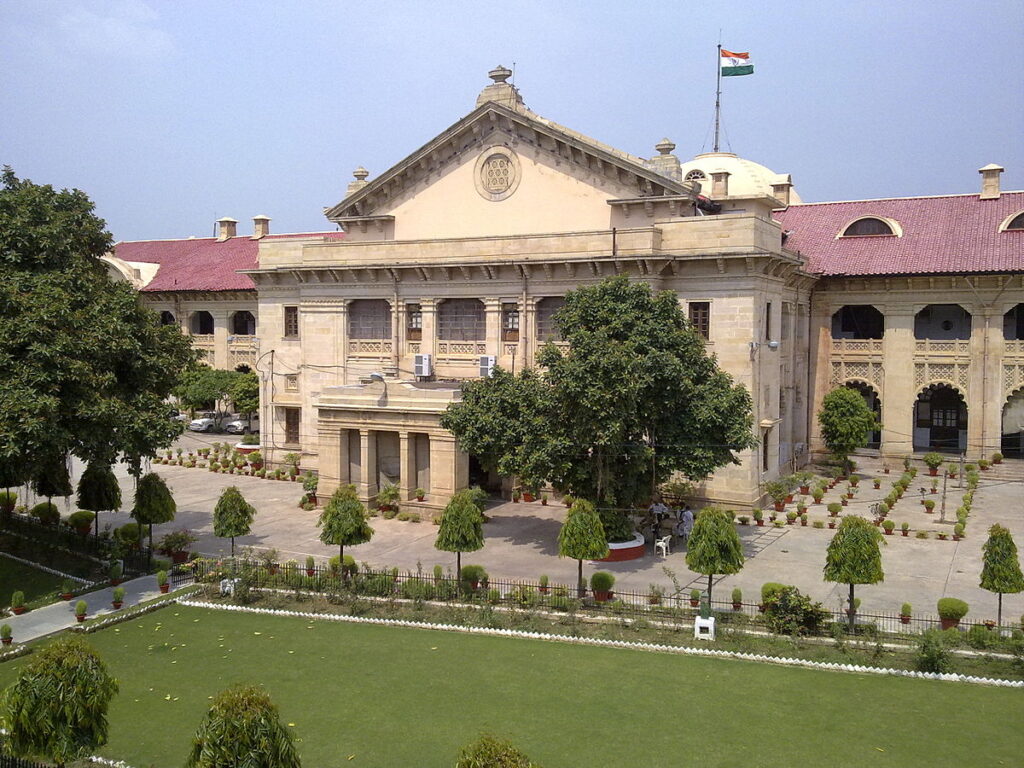The Allahabad High Court has stated that the revised Section 36 of the Arbitration Act will apply to arbitration and court cases that occur after it was enacted.

The Allahabad High Court decided that the updated Section 36 of the Arbitration and Conciliation Act, 1996 is applicable only to court cases that start on or after the Amendment Act took effect. Justice Piyush Agrawal’s Bench based this ruling on the Supreme Court’s decision in the case of Board of Control for Cricket in India v. Kochi Cricket Private Limited & Others (2018), which confirmed that the Amendment is to be applied prospectively. The Supreme Court stated that the Amendment Act is meant for arbitral proceedings that begin after the Amendment Act’s implementation, as well as for court cases that start after the Amendment came into force.
Advocate Vimlesh Kumar Rai represented the petitioner. On March 3, 2010, the arbitrator issued an award requiring the petitioners to pay Rs. 92 lakh plus 8% interest. The petitioners contested this award under Section 34 of the Arbitration Act, but the Commercial Court of Jhansi dismissed their application on February 3, 2021, citing lack of jurisdiction. The petitioners then appealed the award and the dismissal, which is still pending. Meanwhile, the respondent filed an Execution Case in the Commercial Court under Section 36 of the Arbitration Act, but this was dismissed on January 2, 2023. The respondent later filed a second execution case. The petitioners objected, claiming the case was too late due to delays. However, on September 21, 2024, the court dismissed their objection, leading the petitioners to file a petition against this ruling.
The Court referenced the Supreme Court’s BCCI judgment, which addressed the updated Section 36 of the Arbitration and Conciliation Act. The Supreme Court clarified that this amendment is prospective, meaning it applies to arbitration and court cases starting on or after the Amendment Act was enacted. The ruling highlighted that before the amendment, Section 36 limited a decree holder’s ability to enforce an award unless specific conditions were met. However, this did not give the judgment debtor the right to halt the award’s execution. It was noted that a vested right of appeal could only be removed by a new law or necessary implication.
In the BCCI case, the Court determined that the updated Section 36 should also apply to Section 34 applications filed before the Amendment Act took effect, indicating that the amendment would not impact ongoing proceedings. Based on these points, the Allahabad High Court found that the changes to Section 36, as stated in the BCCI judgment, were relevant to the current case. As a result, the petitioners’ challenge to the execution case was rejected, and the court supported the Commercial Court’s decision, dismissing the petitioners’ initial objection. Thus, the petition was dismissed, allowing the execution case to move forward.
Cause Title: U.P. Jal Nigam (Urban) & Anr. v. Spml Infra Ltd., [2025:AHC:20224]









